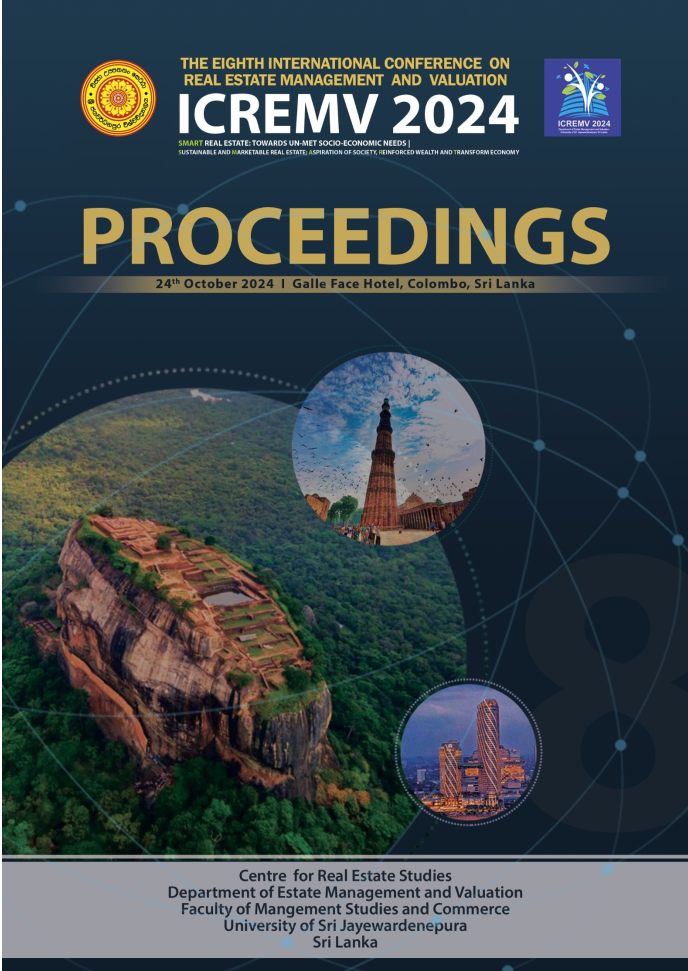Investigating Multi-Stakeholder Conflicts and Challenges in Rekawa of Sri Lanka: Implications for CoManagement
DOI:
https://doi.org/10.31357/icremv.v8.7979Keywords:
Stakeholder Conflicts, Co-Management, Sustainable Resource Use, Sectoral integrationAbstract
Coastal resources are used by multi-stakeholders with different interests. This leads to the emergence of diverse conflicts among them challenging the coastal zone management efforts. This paper aims at proposing a mechanism to address multi-stakeholder issues, to ensure sustainable resource management and improved wellbeing of people Towards meeting this objective a study was carried out in Rekawa, of Southern Sri Lanka, using Key Informant Discussions, Focus Group Discussions and field visits to obtain primary information. Results reveal that a number of stakeholders; fishers, farmers, tourism etc. have different interests in coastal resource use, which generate negative externalities on the others, leading to conflicts. It shows that there are positive links between stakeholders and the most important institutions supporting them. This is quite conducive for the establishing a co-management mechanism to address multi-stakeholder conflicts, by integrating different sectors which is one of the requisites for an effective co-management. Yet, an effective co-management mechanism needs to meet other requirements, such as, inclusiveness, active participation of all and holistic approach to management.


